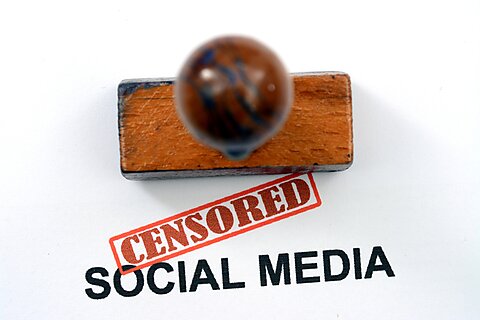In the name of “political fairness,” some US officials advocate unprecedented government regulation of social media. FCC Chairman Brendan Carr claims platforms are “discriminat[ing] against viewpoints” and pose “the greatest threat [to free speech] we have seen.”
Senator Josh Hawley (R‑MO) champions government oversight of social media, introducing the “Ending Support for Internet Censorship Act” to deny Section 230 protections unless platforms prove their moderation practices are “politically neutral.” Under Hawley’s proposal, federal regulators would periodically certify the political neutrality of platforms, opening the floodgates to litigation and bureaucratic control.
This amounts to a revival of the Fairness Doctrine—a policy conservatives once denounced as chilling speech. Ironically, these same conservatives now advocate a “new fairness doctrine” that would force online platforms to justify content moderation to federal bureaucrats. Such state intervention inevitably invites partisan abuse. Today, it may empower Republicans demanding reinstatement of far-right accounts; tomorrow, Democrats could require suppression of conservative voices under the guise of combating “misinformation.”
Mandating neutrality through state power undermines free speech and risks turning the government into a national speech regulator. The real threat is not private companies but rather government interference.
Libertarians rightly insist that the government abstain from moderation entirely, neither coercing nor compelling speech. The solution to perceived bias is more competition, from Bluesky on the left to Truth Social on the right, and more speech—not regulatory oversight. Free speech thrives when the government keeps its hands off the moderation dial.
This article appeared on Substack on April 11, 2025. Karthi Gottipati, a Palo Alto High School student, co-wrote this post.


